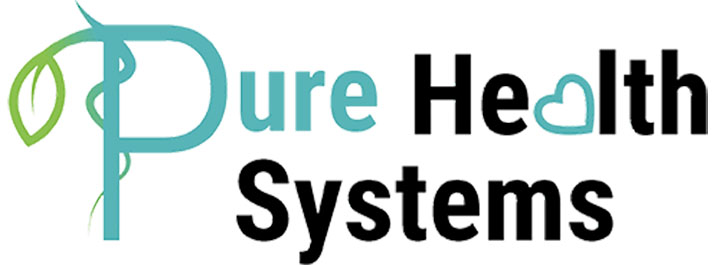Colostrum and Immunity
Nutritional interventions for the immune system can begin early in life as a newborn. The first nutritional boost of the immune system occurs through breast-feeding. Breast-feeding during the first months of life conveys many nutritional benefits to the infant and decreases frequency and duration of acute respiratory infection and diarrhea. Many of the positive effects of breast-feeding occur during the first few days after birth when the colostrum is produced. Colostrum is rich in immune proteins, amino acids, minerals, vitamins, enzymes and growth factors that enhance the immune system. Colostrum helps protect the baby against a variety of infections by transferring immune factors from the mother to the infant.Supplementing with bovine colostrum can provide the same benefits to the immune system that are received from breast-feeding. Numerous studies have been done using whole bovine colostrum in infants and adults for the treatment or prevention of infections. Because colostrum contains high amounts of immune proteins, it can help the body fight both bacteria and viruses.
One of these immune proteins is IgG. IgG can prevent viruses from entering cells by binding to the site where the virus would enter and thereby neutralize the virus. IgG can also bind to bacteria and prevent their movement. In addition to these effects, IgG binds to the receptors on the immune cells to stimulate the immune cell to attack and destroy. Bovine colostrum is one of the richest sources of IgG. It has even higher levels of IgG than human breast milk.
Colostrum also contains a high amount of “transfer factorâ€. The transfer factor can be thought of as a computer chip that is able to transfer a lifetime of immunity from generation to generation. William J. Hennen, PhD wrote, “the discovery of Transfer Factor is the most exciting thing to happen in immunology in recent decades”. Transfer Factors are small immune messenger molecules. Their role is to transfer immune recognition signals between “new” or “young” immune cells and “old” immune cells, thereby educating new immune cells about a present or potential danger.
In addition to its immune effects, colostrum contains growth factors that stimulate cell growth and help regulate growth hormone. These properties would allow the body to rebuild and repair itself more effectively, and would assist the body in recovering from illness more quickly.
The nutritional components of colostrum enhance the immune system, assist in destroying bacteria, viruses, and degenerative diseases, and stimulate tissue repair and growth. All of these components work together in assisting the body to fight infections.
